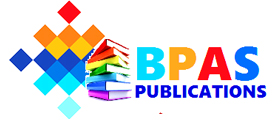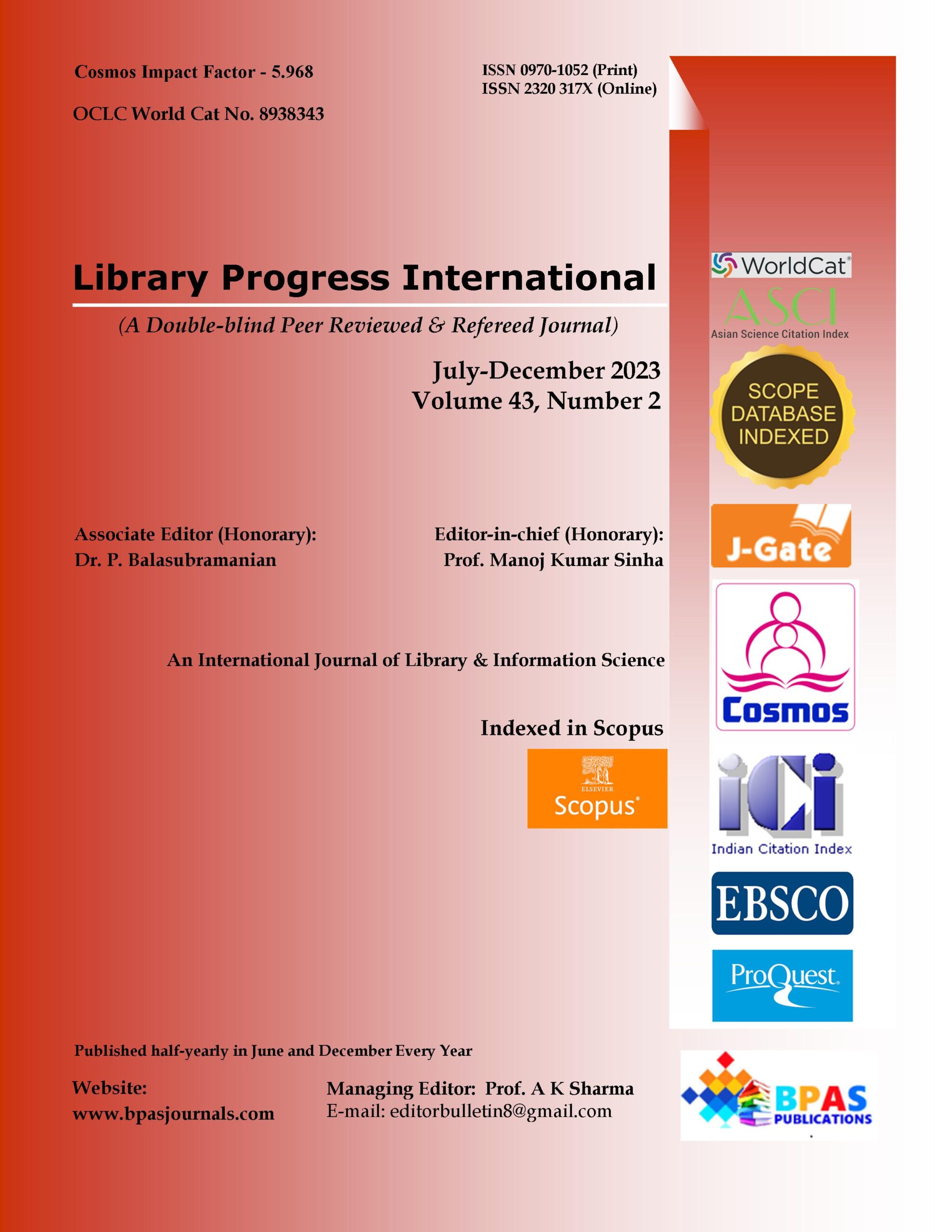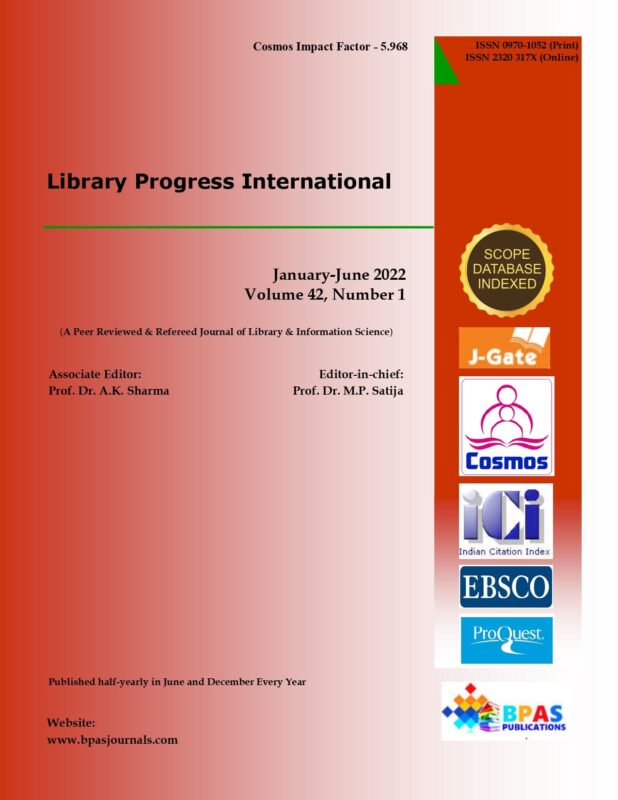Empowering Minds: Exploring the Library’s Influence on Peer Pressure among Nigerian Undergraduates
9.38$
1Adebowale Jeremy Adetayo*, 2Mutiat Yewande Salvador, 3Adetutu Fatimo Talabi, and 4Taiwo Hope Odeyemi
| Library Progress International
Vol.43, No.2, July-December 2023: P.194-207 DOI: 10.48165/bpas.2023.43.2.7
|
| Original Article |
Description
1Adebowale Jeremy Adetayo*, 2Mutiat Yewande Salvador, 3Adetutu Fatimo Talabi, and 4Taiwo Hope Odeyemi
Author’s Affiliation:
1Adeleke University, Ede, Osun State, Nigeria
E-mail: adebowale.adetayo@adelekeuniversity.edu.ng
2Lagos State University of Science and Technology, Ikorodu, Lagos, Nigeria
E-mail realistic.yetty73@gmail.com
3Lagos State University of Science and Technology, Ikorodu, Lagos, Nigeria
E-mail ttt.ade7@gmail.com
4Lagos State University of Science and Technology, Ikorodu, Lagos, Nigeria
E-mail: hopeolaniyi29@gmail.com
*Corresponding Author: Adebowale Jeremy Adetayo, Adeleke University, Ede, Osun State, Nigeria
E-mail: adebowale.adetayo@adelekeuniversity.edu.ng
(Received on 21.06.2023, Revised on 31.07.2023, Approved on 19.08.2023, Accepted on 02.09.2023, Published on 21.12.2023)


